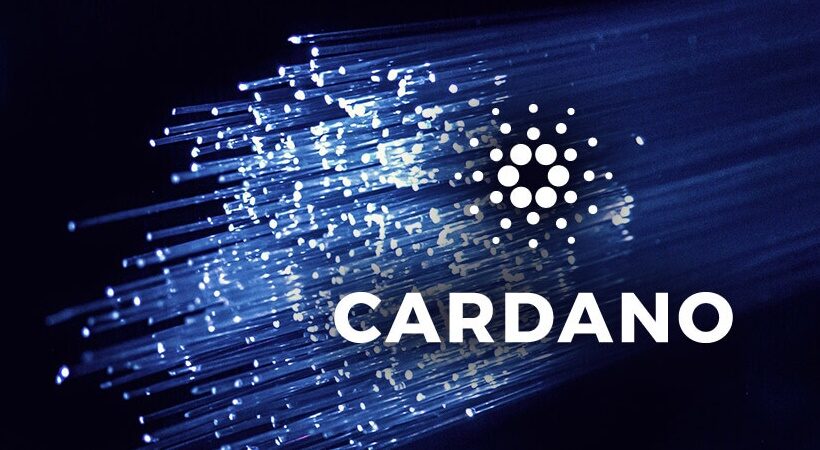Cardano, the largest proof-of-stake (PoS) blockchain, has rolled out a new peer-to-peer (P2P) testnet.
What is Cardano?
Cardano is a blockchain platform built on proof-of-stake based on peer-reviewed research and evidence-based development. Decentralised applications, systems, and societies will benefit from an unprecedented level of security and sustainability.
Cardano’s main applications are identity management and traceability. The former application can streamline and simplify processes that require the collection of information from multiple sources.
According to a blog post from Cardano developer Input-Output, the new testnet is currently working with a small group of pool operators to test the functionality. According to the company, around 3,000 stake pools are managed by operators (SPOs). Before full integration, pool operators would set up direct communication between their nodes.
The blog post said, Our P2P network enables decentralisation and simplifies node communication. Through direct interaction between peers, thousands of distributed nodes can maintain the network without relying on federated relays.
This will be accomplished with automated P2P networking components. Automating peer selection brings us closer to the goal of a fully decentralised network while simplifying the process of running a relay or a block-producing node.”
It is intended that peer-to-peer communication will be launched on the network due to the need for reliable communication between nodes. In the update, it is emphasised that p2p is still an experimental feature. Despite the launch, it is not fully integrated into the network.
As the pool operators configure the nodes for direct communication with each other, they will assess the following environment:
“Churn” will also be enabled in the P2P mode to ensure dynamic promotion and demotion of peers. Updating the network configuration will also be easier for SPOs (Stake Pool Operation) since their nodes will not have to be restarted,” IOG said. It is reported that the current system of communication between nodes on the Cardano blockchain relies on files that provide a static description of the network’s configuration. The launch of testnet P2P enhanced the network’s decentralisation by utilising IOG nodes as well.
The current communication system on the Cardano blockchain relies on files that essentially describe the static configuration of the network. IOHK reported this. It also depends on IOG to establish connectivity, which hinders decentralisation, thus emphasising the need for a peer-to-peer network. The Cardano network has undergone further development in recent months, including smart contract functionality. The number of smart contracts using Plutus, a Cardano-based intelligent contract platform, had reached 888 as of December 8th.



















